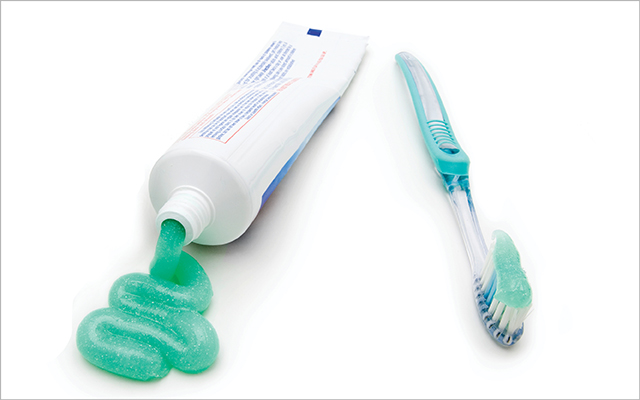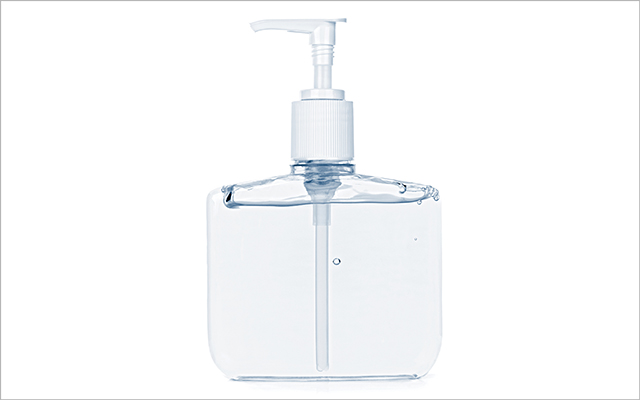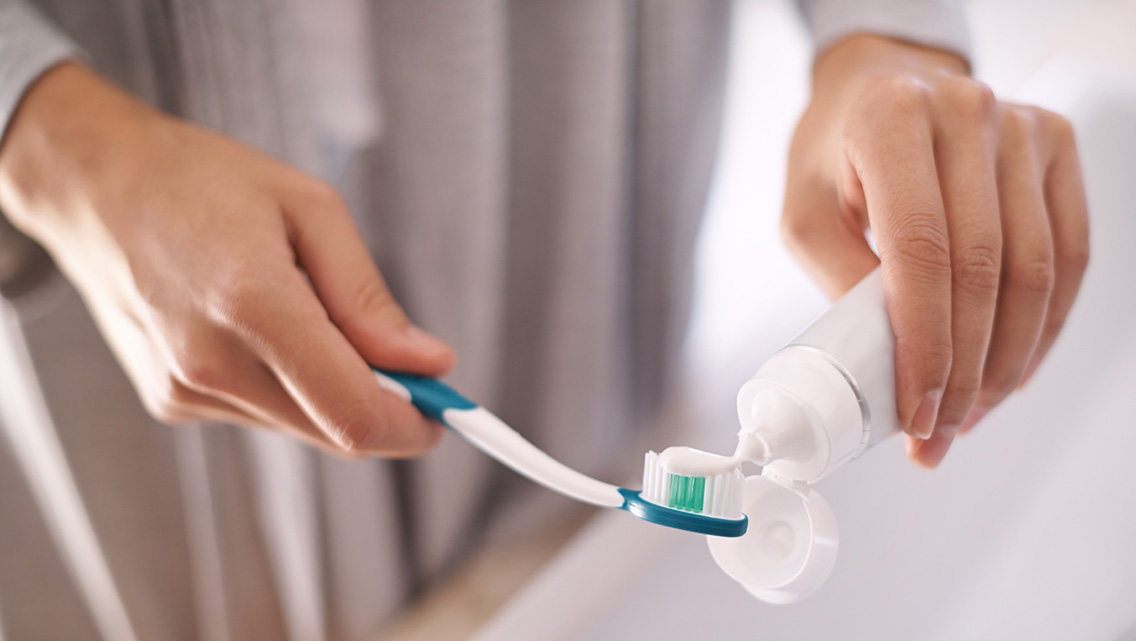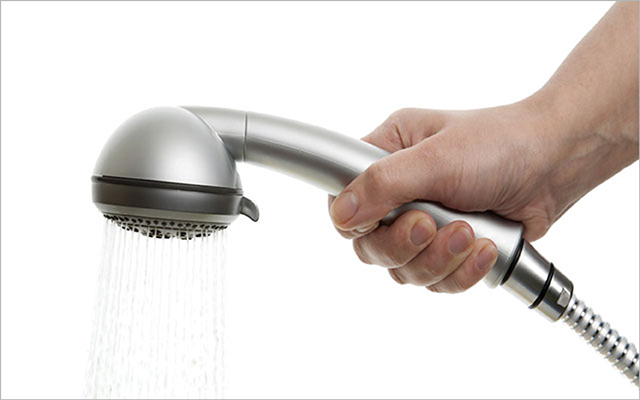UPDATE:
Steering clear of plastic microbeads in personal-care products, including shampoo, lotion, cosmetics, toothpaste, and more, will soon be much easier.
On Dec. 30, 2015, President Barack Obama signed the bipartisan Microbead-Free Waters Act — which bans selling and distributing products containing microbeads — into law.
The law prohibits the manufacture and sale of any “rinse-off cosmetic that contains intentionally added plastic microbeads.”
The bill bans manufacturers from using the beads in their products beginning July 1, 2017, and prohibits the sale of products containing microbeads effective July 1, 2019.
Until then, you can avoid purchasing products containing the plastic spheres by looking for polyethylene, polypropylene, poly-e-terephthalate, or polymethyl methacrylate on the ingredients list.
While the changes take effect, here are some healthy toothpaste options you can try in the meantime:
- Tom’s SLS-free Anticavity & Whitening Paste
- Auromere Non-Foaming Herbal Toothpaste
- Eco-Dent Toothpowder (great for travel)
DIY Toothpaste
You can always brush with baking soda. And if you’re in a pinch, you can (technically) brush your teeth with Dr. Bronner’s peppermint castille soap. Here’s a DIY recipe we love from Wellness Mama.
Ingredients to Avoid
SLS, or sodium laureth sulfate, a foaming agent that can irritate the gums often appears even in natural toothpastes. And stay away from all the funky artificial colors and flavors in conventional brands. Once you start using natural products, those overly flavored things become very unpalatable.
ORIGINAL ARTICLE:
Those plastic microbeads that add color, texture, and abrasive power to exfoliating scrubs, body washes, and cosmetics have long been causing problems for aquatic wildlife. Now the tiny beads may be a hazard for humans, too.
The pellets have been used in a growing number of products since the 1970s, but we’ve only recently started to understand the breadth of their potential negative effects.
Their tiny size allows the beads to pass easily through municipal water filters. Once they’ve entered the marine environment, the microbeads are slow to degrade — if they degrade at all. Indistinguishable from fish eggs eaten by wildlife, they can block and damage the animals’ digestive systems.
Recently, some dentists and dental hygienists say they’re finding the little bits of colored plastic embedded in patients’ gums and in between their teeth, and are concerned about the oral-health dangers — especially periodontal disease — they might pose. Studies of such potential dental problems have not yet been done.
Some personal-care brands have stopped using microbeads, and others have committed to phasing them out or have switched to using natural exfoliants like apricot seeds and coconut husks instead.
Out of environmental concerns, six states — Colorado, Illinois, Indiana, Maine, Maryland, and New Jersey — now regulate the sale and use of products containing microbeads; legislation is pending in others, including New York and California.
You can avoid plastic microbeads — for both your body’s and the environment’s sake — by staying away from products that contain polyethylene, polypropylene, poly-e-terephthalate, or polymethyl methacrylate on the ingredients list. Voice concern to manufacturers and your legislators, and talk to your dentist about any health concerns.




This Post Has 0 Comments